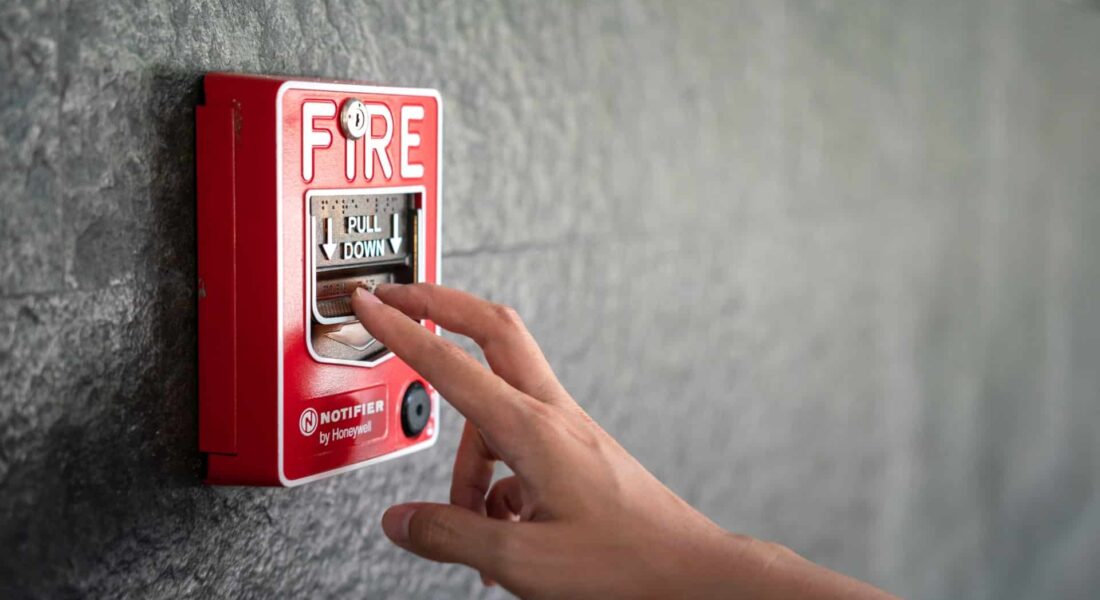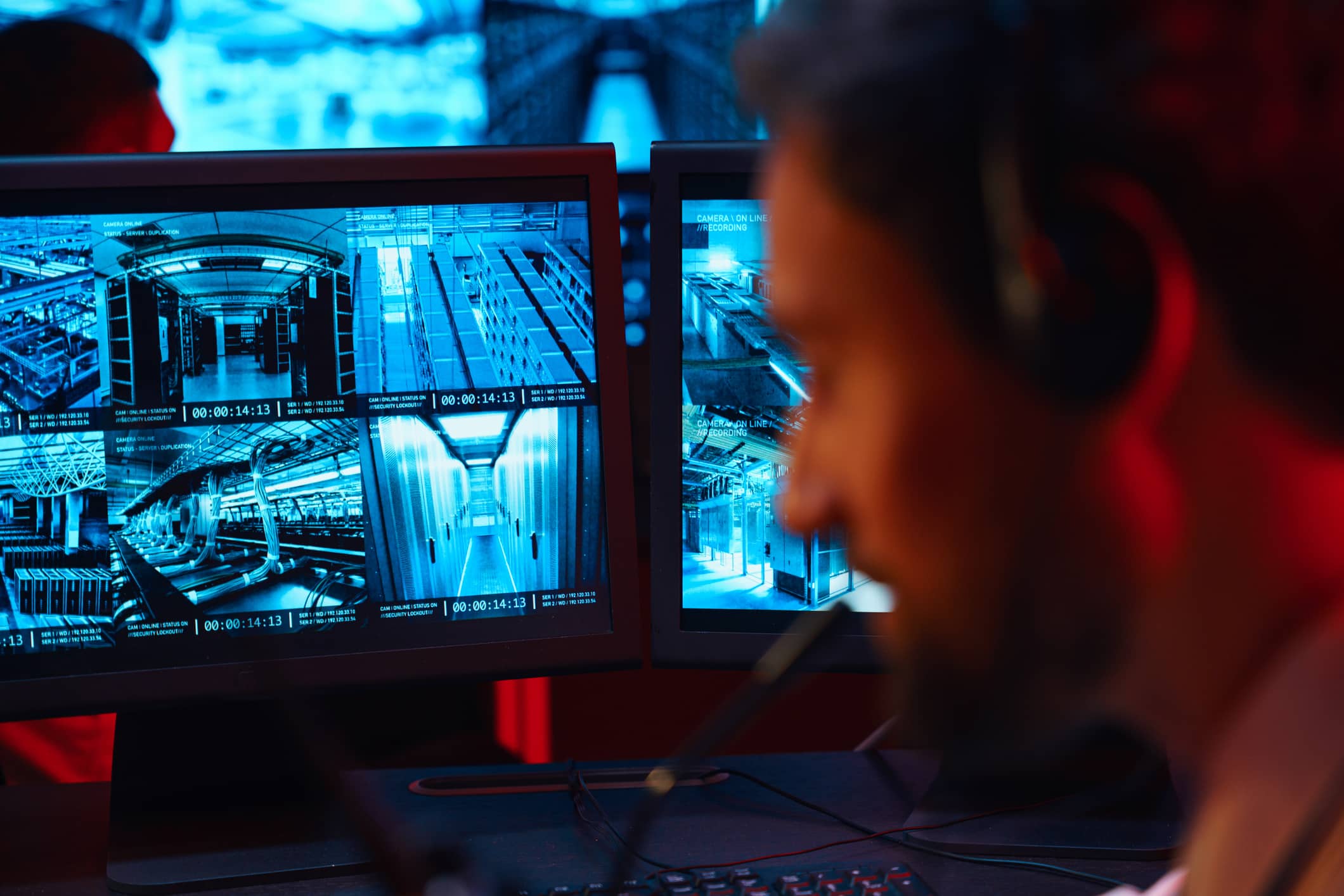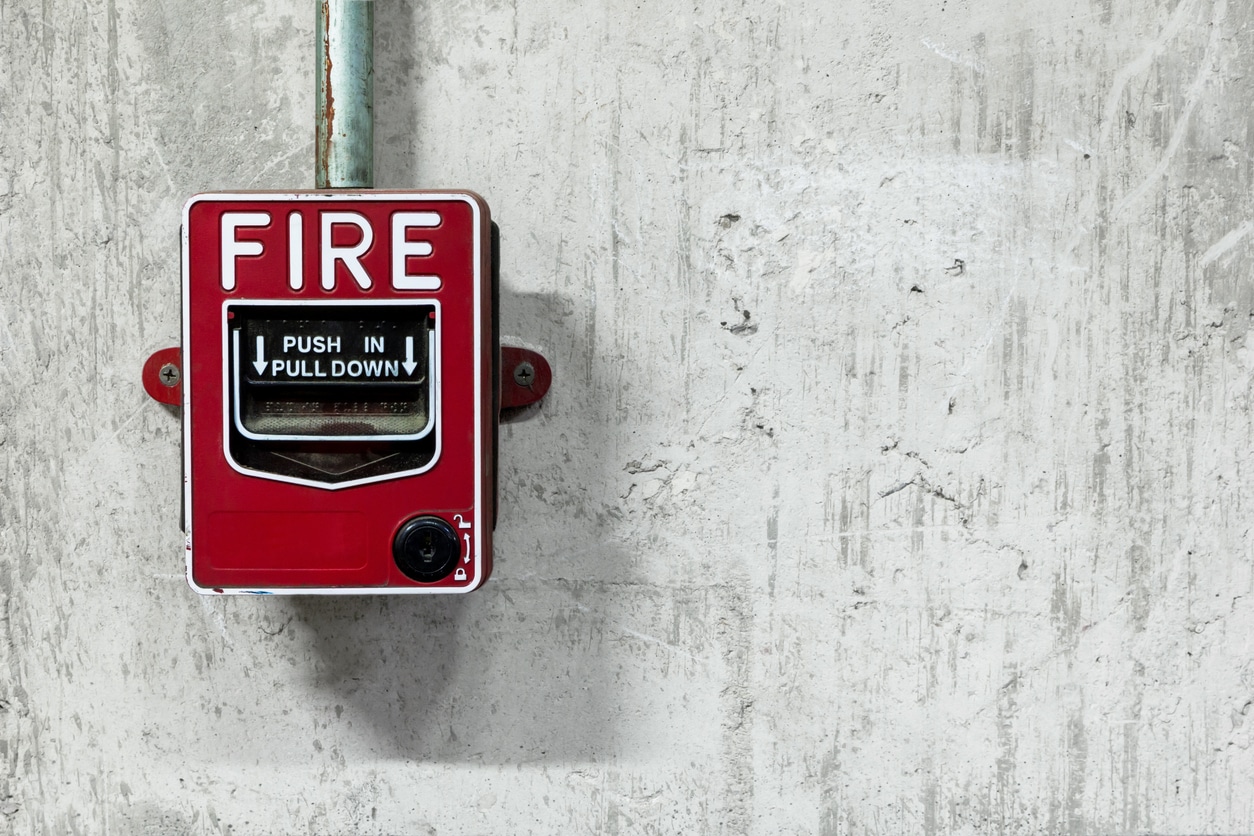When your home or business security system clients trust you to protect their property and occupants, one of the risks high on the list is fire. While there is probably more than one way to deliver fire protection, complying with the highest industry standards is the ideal solution. Here is what you need to know about NFPA 72 and why it is critical to central monitoring stations.
What Is the NFPA?
NPFA is short for the National Fire Protection Association, which is the non-profit governing organization that works to reduce fire-related injuries, deaths, and property losses. The NFPA isn’t a government branch or entity, but it is considered to be the top authority in the field of fire safety. It achieves the same level of respect and recognition as an FM approval or UL certification.
The underlying mission of the NFPA is to inform and educate the public about fire safety through industry standards, consensus codes, training, scientific research, advocacy, and outreach. The NFPA elevates the risk reduction measures taken by property owners, security companies, monitoring centers, and others.
What Is NFPA 72?
The NFPA has developed and written hundreds of standards and consensus codes for the fire safety industry. Some sections of that code focus on specific areas of interest. NFPA 72 outlines standards and consensus codes for alarm management and signal communication, particularly for monitoring centers.
NFPA 72 highlights the specifics of signal types, signal priority, event management, and power supply, among other matters. It also touches on things like event categories, account testing, and the various types of fire detection systems and the types of gases they can monitor.
How NFPA 72 Works with Central Station Monitoring
NFPA 72 isn’t just a few pages of standards and best practices for central station monitoring. It includes more than 1,500 pages of specifics that outline anything and everything related to fire alarm monitoring and installation.
If an alarm company offers robust services to its clients, such as 24/7 monitoring, it needs to be able to live up to its promises. Failing to do so would lead to missed calls for help, dispatchers sending help to the wrong address or other dangerous mistakes.
NFPA 72 – Best Practices for Compliance
NFPA 72 requirements are some of the most demanding in the fire protection and central station monitoring industry. The manual itself for central monitoring centers is massive, but complying with best practices is worth the time and effort for the overall protection and added value provided to clients. Here are just a few of the best practices included in NFPA 72.
Installing Complete Fire Alarm Systems
NFPA 72 requires that alarm service companies adhering to these standards install “a complete fire alarm system according to NFPA 72 guidelines.” Some of the key points in these requirements include the following.
- Design drawings and submittals must be created and submitted by a qualified professional who understands the NFPA requirements.
- All devices selected should be UL-listed and appropriate for their applications.
- All automatic and manual detection devices should be installed in the proper locations with redundant power sources.
- The fire alarm control panel should be of a standard type so that a firefighter can operate and interpret the system.
- The alarm notification system must meet both the visual and audible requirements of the NFPA.
- If required, the alarm system should be monitored by a listed agency and operate with a 90-second maximum response time to dispatch notification.
Standard Operating Procedures
It’s crucial that there be standard operating procedures in place for any alarm installation and central station monitoring service. Any changes in these procedures must be thoroughly studied and well-documented since a single error could put property and subscribers at risk.
When a fire starts, there are generally only about three minutes to exit a property before it becomes unsafe. This is why requiring a monitoring center to contact a subscriber before alerting dispatch can be too risky, particularly if the dealer or client is only trying to avoid false dispatch charges.
Fires are some of the most time-sensitive events, so they are given the highest priority and the fastest response times. Fire safety devices also usually offer carbon monoxide gas alerts. According to NFPA 72, CO2 gas-related alarms should be given the same urgency as fire alarms.
When a CO2 alarm goes off, the central monitoring station should contact the property owners and advise them to exit the premises immediately. Then dispatch is alerted to the situation.
Keeping Clean Data
The ability of a central monitoring station to do its job efficiently and effectively depends greatly on the integrity of its data. As mentioned before, a wrong or outdated phone number or address could prove dangerous and even deadly when an emergency happens.
Complying with NFPA 72 means that central monitoring stations are committed to keeping clean data. This is a vital aspect of serving customers well. Consistent and clean data for each account ensures that station monitoring professionals know who to call and emergency response will have the right address when an emergency occurs.
Get Central Station Monitoring from an NFPA 72-Compliant Partner
While some of these standards may seem like basic common sense, not every provider follows them. When you partner with a central station monitoring service for your security business, you need to choose a provider you can trust.
Quick Response is a TMA Five Diamond Central Station. We have over 40 years of experience in the alarm industry and are committed to following the most rigid standards to take care of our clients. Our monitoring and dispatching professionals are available 24/7 to respond to your customer’s needs.
We understand that your reputation is on the line when you sell security and alarm services. Our comprehensive monitoring services act as an extension of your brand, ensuring your clients receive the care, attention, and protection they deserve. Contact us today to learn more about how an NFPA-compliant central station can benefit your business and clients.




